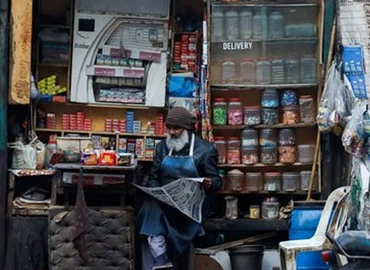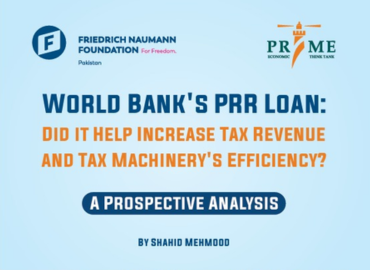Introduction
International compliance laws are becoming challenging for companies in supply chain including importers, exporters and indenters. Foreign companies are increasingly complying with international laws including Foreign Corrupt Practice Act (FCPA), UK Bribery Act, Brazilian Clean Company Act etc. and significantly penalising the counter-parts for non compliance.
The issues of corporate governance, corruption and non-compliance have affected the Pakistani businesses. In 2014, Walt Disney banned imports from Pakistan on account of poor governance standards and stripped the country of $200 million exports of textile products.
The issue of compliance has become more sensitive after the GSP+ award, which requires the country to implement and fulfil WTO’s 27 conventions pertaining to human rights, labour rights, environment, narcotics, corruption etc. for continuation of this facility till 2017.
However, even after a year, Pakistan is facing challenges in complying with the international standards. And GSP Plus status for the country is under threat for non-compliance.
Given the stagnant export performance for last few years, Pakistani businessmen cannot afford to be penalised or completely ban due to non-compliance of international standards and laws.
This paper will provide an overview of GSP Schemes and post GSP+ status of Pakistan in terms of trade and compliance. The responsibility of complying with conventions mostly falls under the government domain. However, UNCAC outlined various measures that can be taken by private sector to fulfil the criteria. Thus, this paper will focus on the role of private sector in compliance of UNCAC and discuss ratification and implementation status of UN Convention against Corruption (UNCAC). It will also highlight few examples of non compliance for providing awareness to the trading community and educate why to avoid those practices that can adversely affect their businesses.





